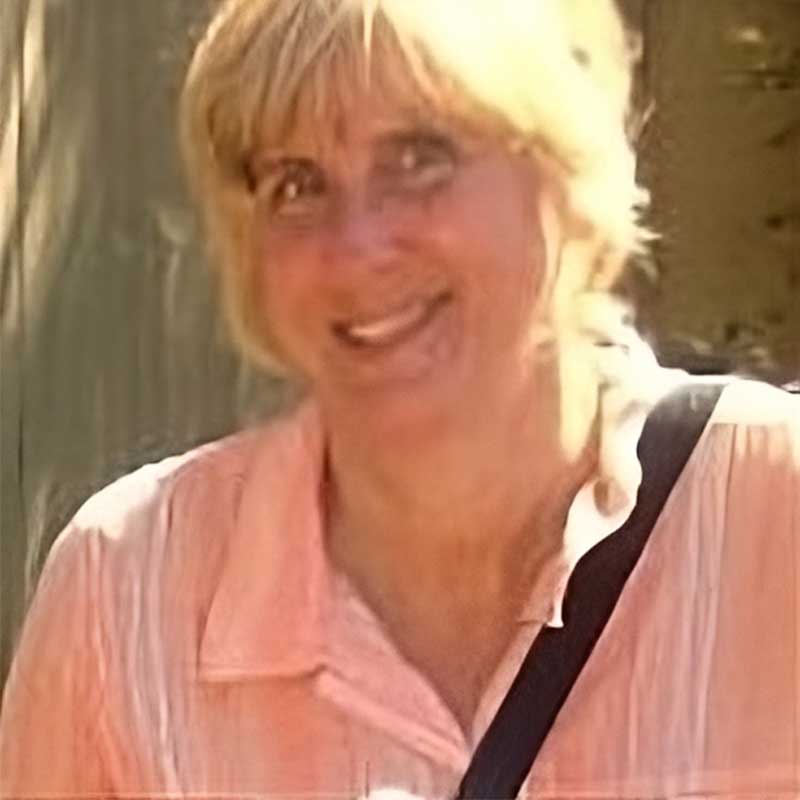This occasional newsletter highlights events and stories about innovation in sustainable development for rural, remote and island regions. We want to change the discourse to demonstrate how islandness can be a driver for innovation.


About Deborah Beal
Dr. Deborah Beal has taught at the University of the Cayman Islands since 2012 after teaching for many years at a private college in the US. She recently served as a principal investigator for a 1.1 Million Euro grant from the EU RESEMBID program (The Caribbean Overseas Countries and Territories (OCTs) Resilience, Sustainable Energy and Marine Biodiversity Programme) awarded to the University College of the Cayman Islands. Dr. Beal has received numerous grants and worked for the U.S Dept of Energy, the Illinois Dept of Natural Resources and the Missouri Dept. of Conservation. She is on the Editorial Board of the Journal of Ecosystems and Ecography. Before coming to Grand Cayman, she served as an editor for MERLOT (Multi Educational Resources for Learning and Online Teaching) and was a member of the Research Review Board for the Henson Robinson Zoo in Illinois. Dr. Beal has published peer reviewed papers in the fields of environmental science (Journal of Environmental Toxicology), ecology (Southeast Ecology and Evolution) and faculty development (CHALK Teaching and Faculty Development).



